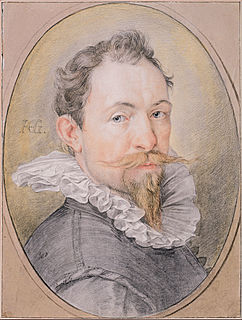A Quote by Henri de Mondeville
Often the confidence of the patient in his physician does more for the cure of his disease than the physician with all his remedies. Reasserting the statement by Avicenna.
Related Quotes
Doctor Johnson said, that in sickness there were three things that were material; the physician, the disease, and the patient: and if any two of these joined, then they get the victory; for, Ne Hercules quidem contra duos [Not even Hercules himself is a match for two]. If the physician and the patient join, then down goes the disease; for then the patient recovers: if the physician and the disease join, that is a strong disease; and the physician mistaking the cure, then down goes the patient: if the patient and the disease join, then down goes the physician; for he is discredited.
A physician who fails to enter the body of a patient with the lamp of knowledge and understanding can never treat diseases. He should first study all the factors, including environment, which influence a patient's disease, and then prescribe treatment. It is more important to prevent the occurrence of disease than to seek a cure.
A physician should take his fee without letting his left hand know what his right is doing; it should be taken without a thought, without a look, without a move of the facial muscles; the true physician should hardly be aware that the last friendly grasp of the hand has been made more precious by the touch of gold
































